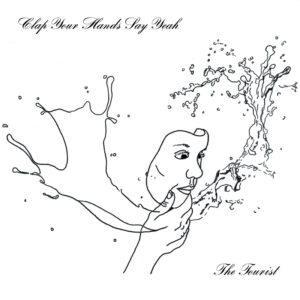 Artist: Clap Your Hands Say Yeah
Artist: Clap Your Hands Say Yeah
Album: “The Tourist”
Label: CYHSY Inc.
Format Reviewed: Digital Advance
Lyrics of Note:
So don’t be alarmed
Don’t be afraid
When it is just a little fire
I’m teaching myself to be safe
Waiting for you to regain your sight
We were in a fire last night
I just lost one too
Turns out I’m fireproof
NPR named Clap Your Hands Say Yeah’s 2005 debut album one of “The 50 Most Important Recordings of the Decade.” A lot has changed in the 12 years since then, but the one thing that has remained consistent is the band’s capacity for making important recordings that leave a lasting impression on the listener.
“The Tourist” is packed with darkly tender, thought-provoking songs that melt from the speakers and mingle with the end user’s current emotional state of mind. Alec Ounsworth’s vocals resonate and penetrate, especially when they’re allowed to linger on lyrical melodies as opposed to having to juggle the syllable-heavy wordplay that forces him away from those beautiful moments. “The Pilot” and “Unfolding Above Celibate Moon (Lost Angeles Nursery Rhyme)” are particularly strong songs on an album with many strengths.
Although this album may not land on any lists declaring it one of the most important of the current decade, it is significant nonetheless. After all, a wave doesn’t need to move an entire bed of seashells to prove that the ocean itself is moving. If the wave forces even one to change position then the ocean has proven its power, just as “The Tourist” has proven its power by moving this one listener.


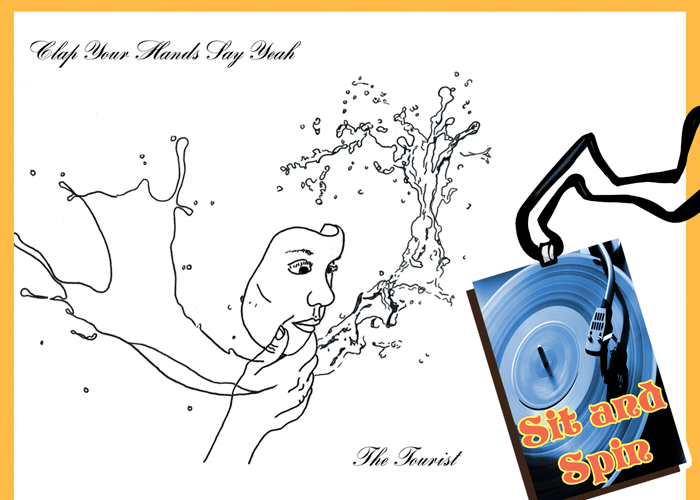
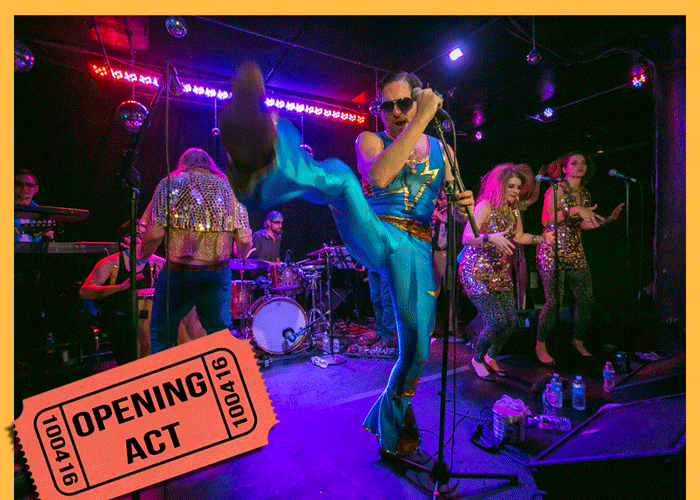
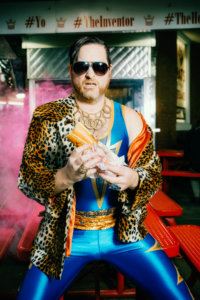
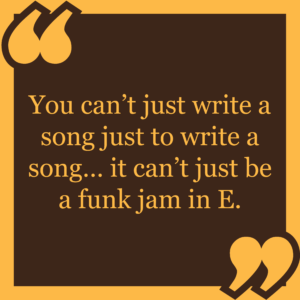 party where everyone gets liquored up and makes out in industrial strength foam… and we want in!
party where everyone gets liquored up and makes out in industrial strength foam… and we want in!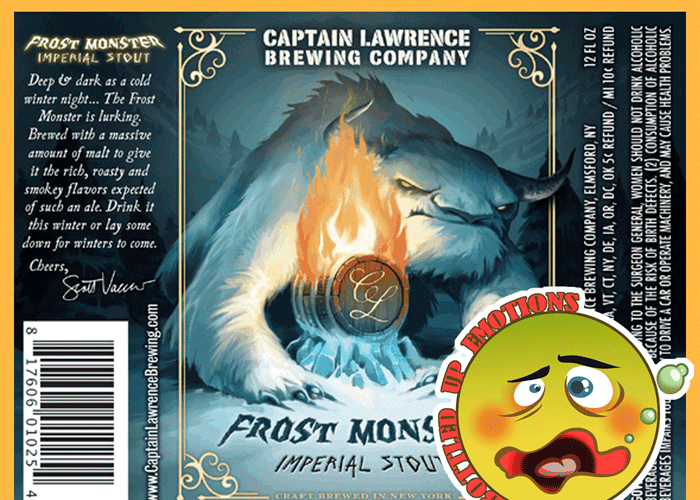
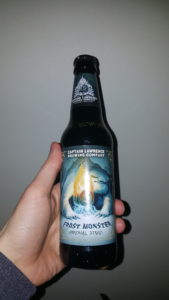 Brewer:
Brewer: 
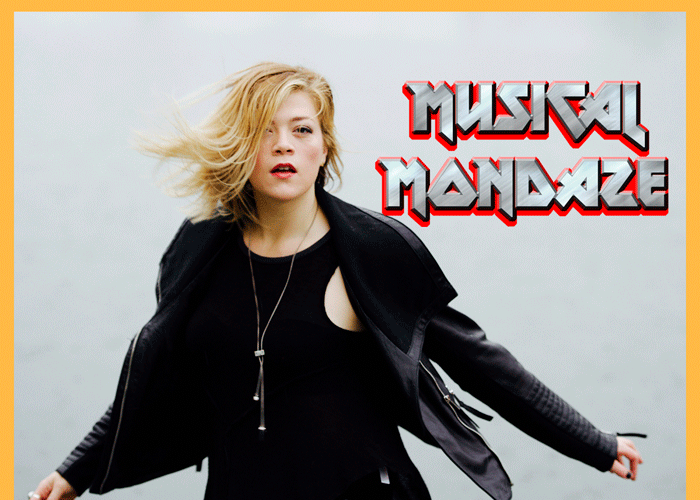
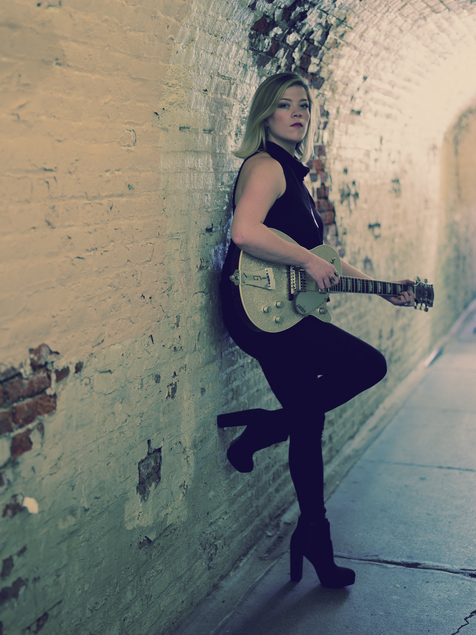 You don’t have to be in a funk just because it’s Monday. Instead, get funky!
You don’t have to be in a funk just because it’s Monday. Instead, get funky!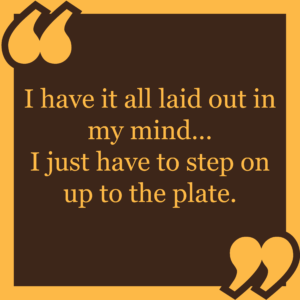 am going through another writer’s block… is that I kind of said to myself, “I don’t want to write about this again.” It’s such a theme in my writing and I don’t want to do it. I don’t want to do it again. It seems self-indulgent and so, perhaps that’s why I’m filtering myself and perhaps that’s why I’m not writing right now. But yes, usually if I’m going through something, that’s how I process it… is music.
am going through another writer’s block… is that I kind of said to myself, “I don’t want to write about this again.” It’s such a theme in my writing and I don’t want to do it. I don’t want to do it again. It seems self-indulgent and so, perhaps that’s why I’m filtering myself and perhaps that’s why I’m not writing right now. But yes, usually if I’m going through something, that’s how I process it… is music.
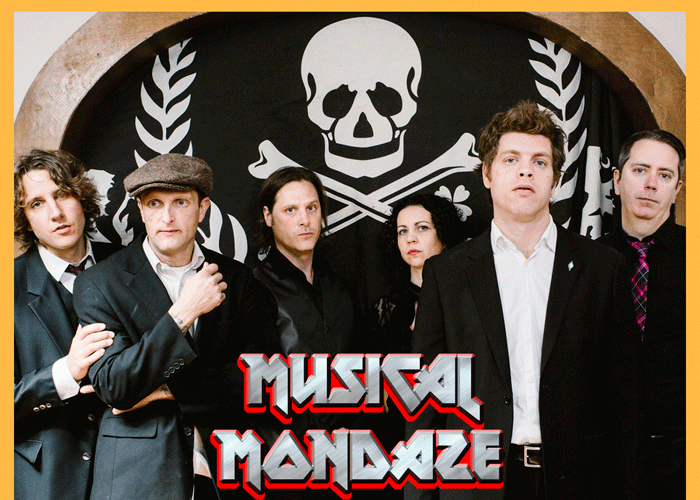
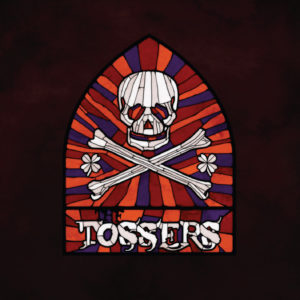 You don’t have to be in a funk just because it’s (feeling) like a Monday. Instead, get funky!
You don’t have to be in a funk just because it’s (feeling) like a Monday. Instead, get funky! or when you can’t hear yourself. You’ve got to be conscious of that and not do that. It’s like any tool… any tools that you’re working with… you’ve got to let the microphone do the work. That’s got to be how Slayer does it because there’s no way Tom (Araya) can still do that after all these years. You know, he let’s the tools do the work and he prevails. (Laughter)
or when you can’t hear yourself. You’ve got to be conscious of that and not do that. It’s like any tool… any tools that you’re working with… you’ve got to let the microphone do the work. That’s got to be how Slayer does it because there’s no way Tom (Araya) can still do that after all these years. You know, he let’s the tools do the work and he prevails. (Laughter)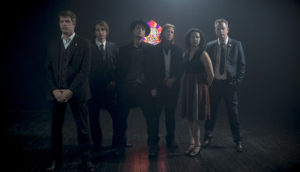 TrunkSpace: With such a massive catalog of music under your belts, when you hit the road in support of the new album, how do you balance your night to night set with what’s current and what’s in the stable that fans want to hear?
TrunkSpace: With such a massive catalog of music under your belts, when you hit the road in support of the new album, how do you balance your night to night set with what’s current and what’s in the stable that fans want to hear?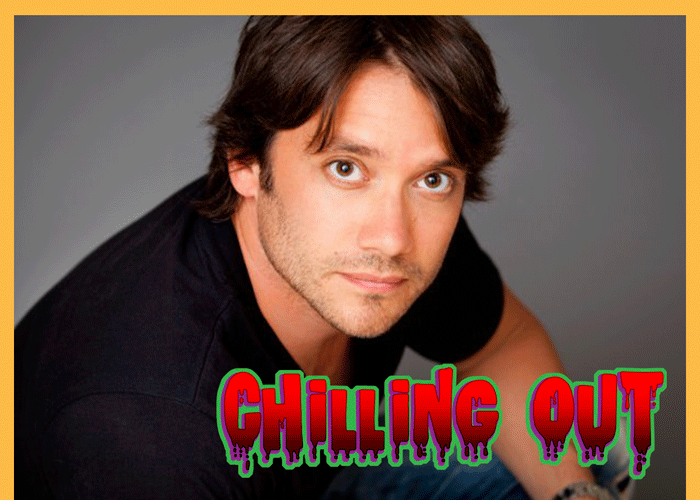
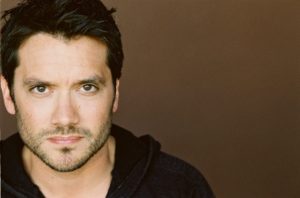 Chilling Out is where TrunkSpace talks all things horror and genre with those who work on the projects that give us the thrills and chills to keep coming back for more. This time out we’re chatting with Dominic Zamprogna, an actor who science fiction fans will recognize from his turn as Jammer in the series “Battlestar Galactica” and who soap opera fans will instantly know from his long-running starring role as Dante Falconeri in “General Hospital.” We sat down with Zamprogna to discuss the similarities between the two worlds and where they intersect in the grand scheme of pop culture.
Chilling Out is where TrunkSpace talks all things horror and genre with those who work on the projects that give us the thrills and chills to keep coming back for more. This time out we’re chatting with Dominic Zamprogna, an actor who science fiction fans will recognize from his turn as Jammer in the series “Battlestar Galactica” and who soap opera fans will instantly know from his long-running starring role as Dante Falconeri in “General Hospital.” We sat down with Zamprogna to discuss the similarities between the two worlds and where they intersect in the grand scheme of pop culture.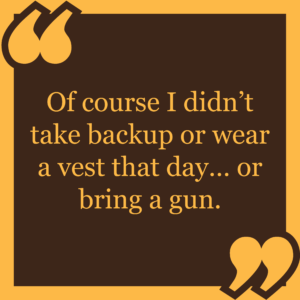 Zamprogna: Yeah. That was a really awesome beat to play. It was a good, sort of six month build up to that kind of pay off and fans really dug that. I really dug that.
Zamprogna: Yeah. That was a really awesome beat to play. It was a good, sort of six month build up to that kind of pay off and fans really dug that. I really dug that.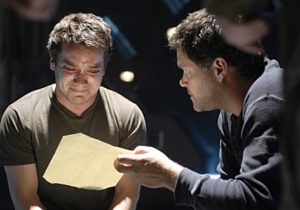

 Artist/Band: Ed Balloon
Artist/Band: Ed Balloon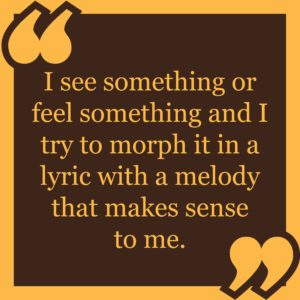 surprise?
surprise?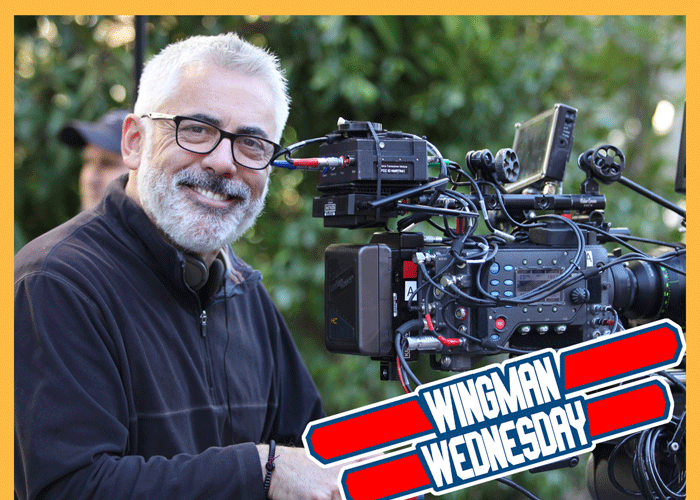
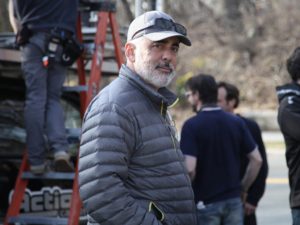
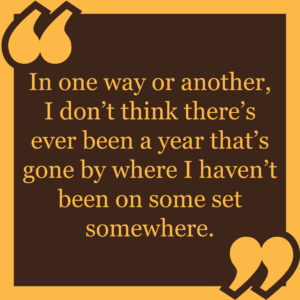 while the method in which they’re shot has now changed. Has it gotten more difficult to direct television when each episode is bigger and more ambitious than the next?
while the method in which they’re shot has now changed. Has it gotten more difficult to direct television when each episode is bigger and more ambitious than the next?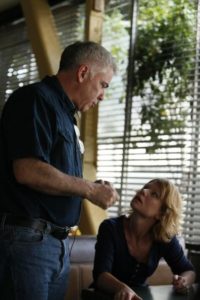
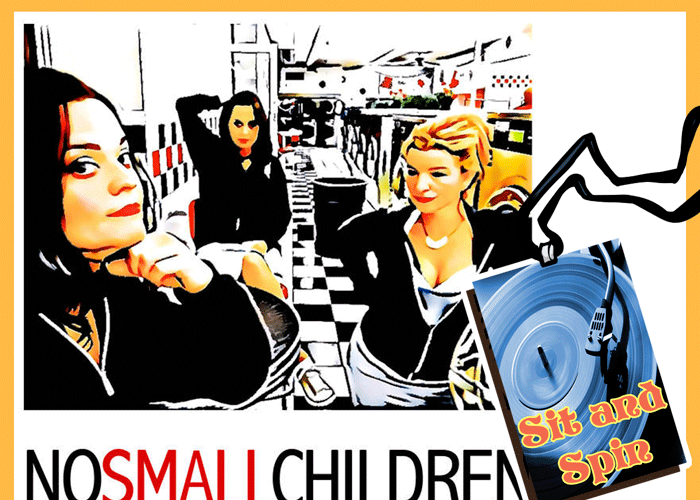
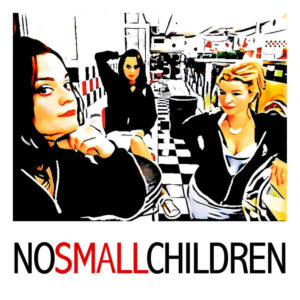 Artist: No Small Children
Artist: No Small Children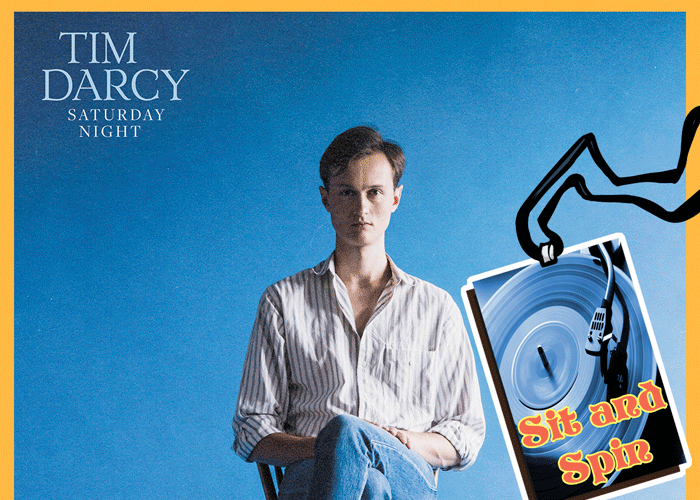
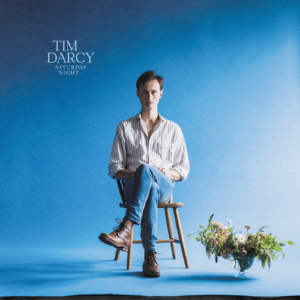 Artist: Tim Darcy
Artist: Tim Darcy